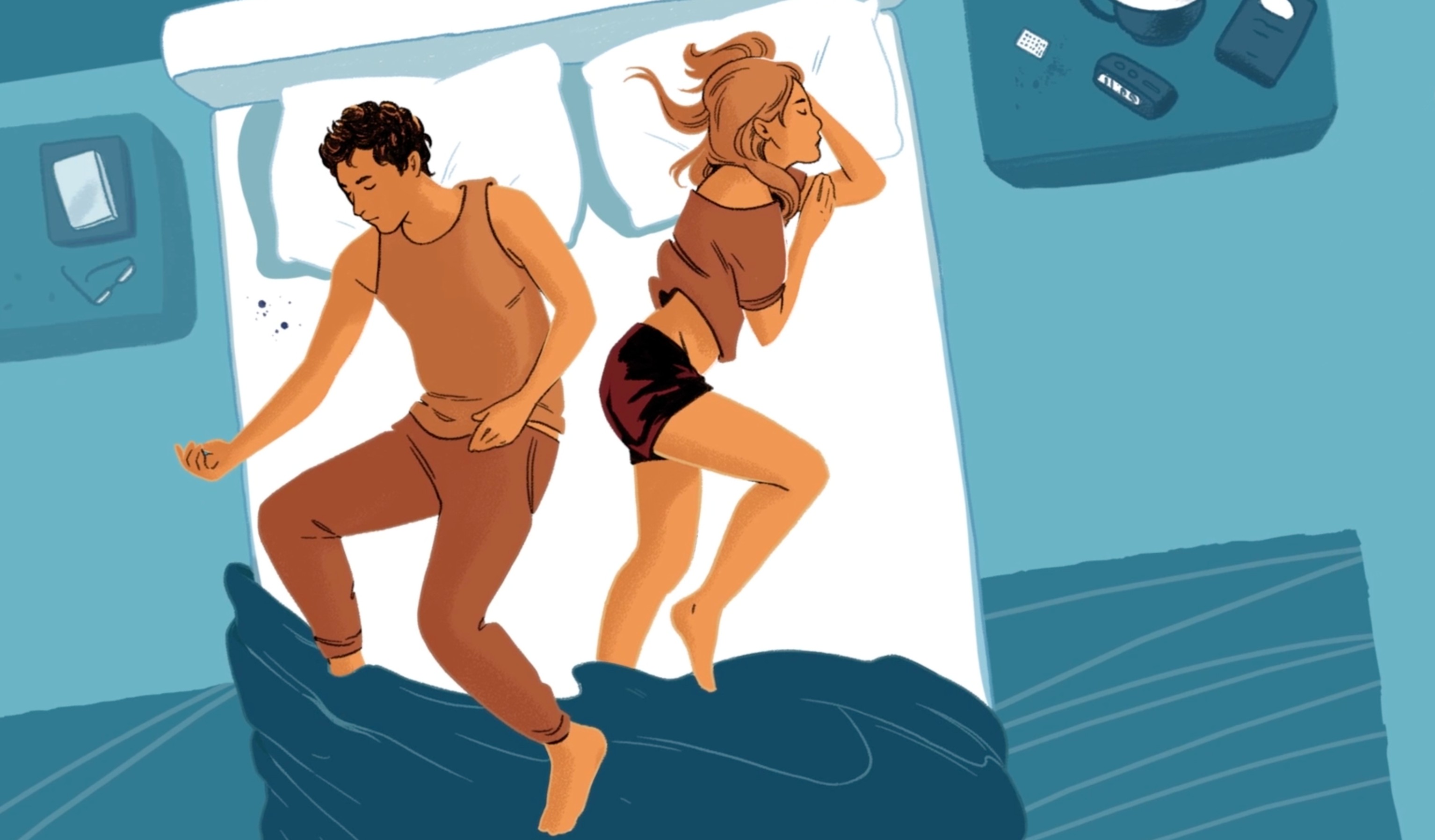It's the look in someone's eye when they find out you've done drugs. It's the judgment in their voice that gives away the belief that they're better than you. The othering, the jumping to conclusions of moral deficiency due to personal choices you've made about the substances that have gone down your throat, up your nose, into your veins. It's hiding what you're going through for fear of these responses from loved ones, doctors, employers. And yet, for all the shame the stigma of drug use has caused, it's done little to help.
Advertisement
Constant news about the opioid crisis has flooded our social media feeds daily with stories about death and destruction. Thousands have died in Canada, and people continue to die with each passing day. Amongst the reporting that breaks down stereotypes of drug use by showing the range of people who've been affected by it, we continue to see the shaming of those who use drugs. It's not always obvious. But if you're someone who has used drugs or has a loved one who has, you see it.
I was reminded of this over the holiday season when a coworker messaged me a conversation she overheard on a Megabus trip. A young couple were reading about the opioid crisis, and one of them suggested to his partner, "We should just let it weed people out."Similar vitriol is commonly spewed in comments sections, the hellholes that they are, in stories related to illicit drugs, judging those who use or sell—erasing their humanity in the process. This is the real moral deficiency related to drug use: It's not necessarily those using; it's those who judge someone's use of substances without knowing what they've gone through in life.And what are the roots of this type of thinking? Undoubtedly, the War on Drugs is a major reason—a propaganda-laden political campaign with admitted racist intentions that has led to mass incarceration of drug users and is largely considered a failure. Yet, we allow the sentiments of a failed drug war to pollute our society's progression, even in a time where drug users are feeling targeted as the opioid crisis continues to kill off their friends.This is the real moral deficiency related to drug use: It's not necessarily those doing drugs; it's those who judge someone's use of substances without knowing what they've gone through in life.
Advertisement
It's also in the terms we see journalists use. Though it is exceptionally rare to see "junkie" used in articles anymore, some who use drugs have said that the term "addict" is just as harmful. And before you accuse me of being a social justice warrior, consider what this BC doctor has said about its use in the clinic he works at: "I won't even say it, the A word is not even in the professional language anymore," Dr. Scott MacDonald at the Crosstown Clinic in Vancouver told the Times Colonist. MacDonald said that the term "addict" no longer is listed in the Diagnostic Statistical Manual of Mental Disorders and that using the term sets up a "dynamic" with patients.Yet, journalism has yet to subtract the term from its vernacular. Look at some headlines from the past few months on the opioid crisis: The horrifying way some drug addicts are now getting their fix ( the Washington Post); Editorial: The goal should be to get addicts off drugs (the Vancouver Sun); Fear of deadly fentanyl doesn't stop addicts at pop-up injection sites ( CBC News).But I digress, as there is far more at play here than reducing the reality of drug use to a stigmatized word. As it stands, equating drug use to addiction is quite reductive anyway. Addiction is a medical condition, and someone's drug use can get to a dark place without them being technically "addicted" to a substance. And in contrast, it's possible for some to use certain drugs without developing addiction or their drug use getting out of control.
Advertisement

And yet, though this connection to victimhood has been established, society continues to see drug users as immoral, unproductive members of society. Stigma continues to hold back opioid crisis policy in Canada. As Michael Parkinson of the Waterloo Crime Prevention Council said, "The issues of stereotypes, stigmatization, and outright discrimination [of those who use drugs] are rife throughout Canadian society. The folks who are policy makers, they're humans like the rest of us… If the language [in the media] is deplorable, discriminatory, and focused on individual moral failure, that's the message that Canadians hear."READ MORE: We Asked Experts How to Solve the Opioid CrisisThe next time you automatically scoff at someone who uses drugs, consider this: Do you know what this person has experienced over the course of their life?If you don't know the answer to the above question, chances are you don't know this person, why they made the initial choice to use drugs, or why they're at this point in their life now. If your mind went to immorality, jumped to conclusions, if you thought for a second you were better than this person—please, reconsider.Follow Allison Tierney on Twitter .
